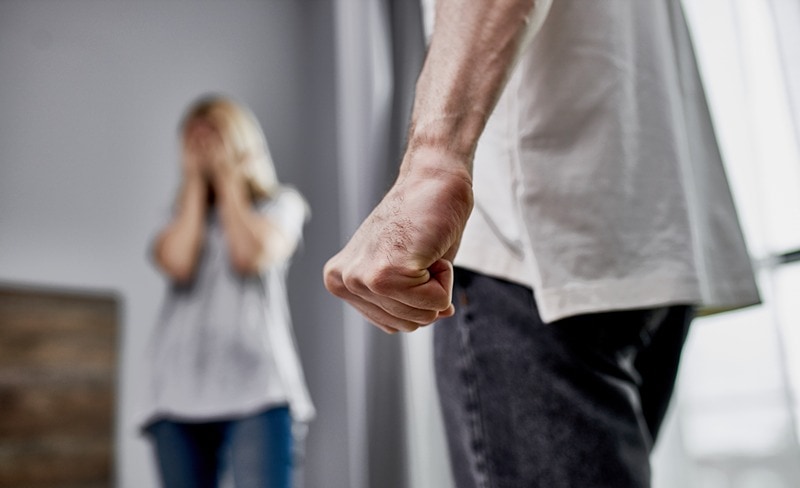
Investigative Article: Uncovering the Truth Behind the Evidence in Domestic Violence Cases
Introduction
Domestic violence is a serious issue that affects millions of people worldwide. In the United States alone, approximately one in four women and one in nine men experience severe physical violence by an intimate partner at some point in their lives. Domestic violence cases are among the most complex criminal cases, and the burden of proof is squarely on the prosecution. In this investigative article, we will explore the different types of evidence used in domestic violence cases and the challenges faced by prosecutors and defense attorneys in proving their cases beyond a reasonable doubt.
Prosecution's Burden of Proof
In domestic violence cases, the prosecution must prove beyond a reasonable doubt that the defendant committed the crime. This high standard requires presenting clear, convincing evidence that leaves no room for reasonable doubt in the minds of the jurors. The prosecution typically relies on several types of evidence to build their case, including physical evidence, witness testimony, and the victim's statement.
Physical Evidence
Physical evidence can be a powerful tool in domestic violence cases. It includes any tangible items that can help prove that an assault occurred, such as photographs of injuries, medical records, and DNA samples. Physical evidence can also include items like broken furniture, torn clothing, or a weapon used in the assault.
However, physical evidence can sometimes be challenging to obtain in domestic violence cases. Victims may be hesitant to report the abuse or seek medical attention, making it harder for prosecutors to build a case. Furthermore, evidence can be lost or destroyed over time, which can make it difficult to prove the defendant's guilt beyond a reasonable doubt.
Witness Testimony
Witness testimony can also be a crucial element in domestic violence cases. Witnesses can include bystanders who witnessed the assault or individuals who have knowledge of the defendant's past behavior. In some cases, witnesses may be reluctant to come forward due to fear of retaliation or other reasons.
The credibility of witnesses can also be a challenge in domestic violence cases. Defense attorneys may try to discredit witnesses by suggesting that they are biased or unreliable. Additionally, some witnesses may have conflicting stories, which can create doubt in the minds of jurors.
Victim's Statement
In many cases, the victim's statement is the most critical piece of evidence in a domestic violence case. The victim's statement can provide a detailed account of the assault and the events leading up to it. It can also help establish a pattern of abusive behavior by the defendant.
However, defense attorneys may challenge the victim's statement by suggesting that it is biased or unreliable. Some victims may be hesitant to speak out due to fear of retaliation or shame, which can make it challenging for prosecutors to build a case.
Challenges Faced by Prosecutors and Defense Attorneys
Prosecutors and defense attorneys face several challenges in domestic violence cases. For prosecutors, the burden of proof is high, and they must present clear and convincing evidence that leaves no room for reasonable doubt. This requires a thorough investigation and a strong understanding of the law.
Defense attorneys, on the other hand, must challenge the prosecution's evidence and create reasonable doubt in the minds of jurors. This can involve discrediting witnesses, challenging the victim's statement, and presenting alternative theories of what happened.
The Importance of Fairness in the Legal Process
The principle of fairness is fundamental to ensuring justice in domestic violence cases. Both the prosecution and defense must have the opportunity to present their case and challenge the other side's evidence. This ensures that the legal process is fair and prevents wrongful convictions.
In conclusion, domestic violence cases are complex, and the burden of proof is high. Prosecutors rely on physical evidence, witness testimony, and the victim's statement to build their case, while defense attorneys challenge the evidence to create reasonable doubt. Despite the challenges, it is essential to ensure fairness in the legal process and prevent wrongful convictions.
Domestic Violence-Evidence
